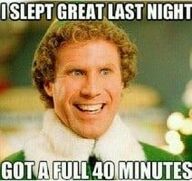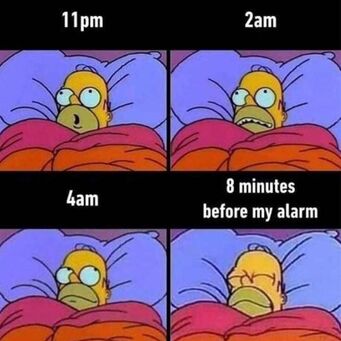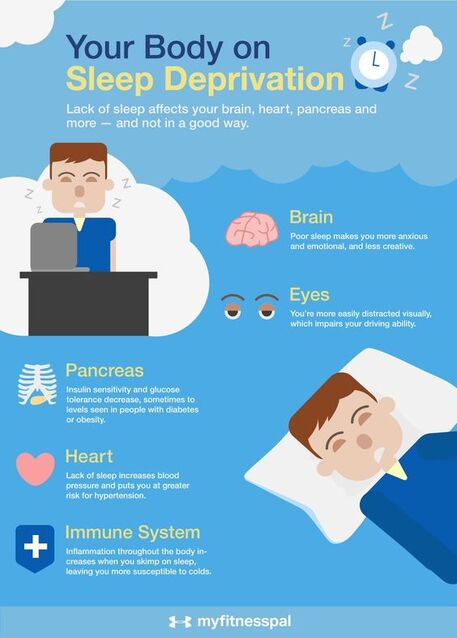
Below are a few excerpts from my coversation with my NutriSense dietitian Stephanie concerning the area of sleep. Please remember, I am sharing personal observations regarding my own CGM experience, sleep history, typical supports, and additional strategies from Stephanie. This information is only based on my own personal experience and not intended as medical advice. Whether you count backwards from 100 or listen to the sound of ocean waves, your decisions are between you and your healthcare provider! Cheers!

I am a bit of a restless sleeper waking multiple times throughout the night. Would this cause a subtle rise in glucose levels? I have heard that fluctuations in hormone levels can cause one to awaken; not sure if this is related to insulin or more a function of cortisol or something else. As far as what keeps me awake, no, I do not have hot flashes at night. I think I am a little concerned about damaging the sensor. In addition I have a bad habit of keeping my phone at my bedside. I think this negatively affects my sleep habits as well. I will try to place it elsewhere! I usually take magnesium glycinate and melatonin before bed and sometimes even an Epsom bath soak. Kind of like children going to bed, a sleep routine has been successful in the past. Maybe the melatonin is wearing off or interfering with my sleep? I have heard tart cherry juice could be helpful but know that would spike my sugars. Sometimes I just wake up and my mind won't go back to sleep. Just wondered if it could be somewhat remedied with appropriate nutrition, more protein or fat during the day?
Morning Tiffany!
Sleep - And yes! Sleep disruption/fragmentation and/or poor sleep quantity can impact both fasting values and lead to elevation in our post-prandial responses. Hormone fluctuations can certainly affect our sleep patterns as well. Are you waking up with any hot flashes presently? I do have a few tips and tricks we could test out if you are interested to help with improving sleep!
As long as you have your overtape/bandage on to prevent the sensor from snagging on something, you should be good to go and it would be pretty hard to damage!
I LOVE all these excellent sleep hygiene tactics you are incorporating! Those are ALL things I will typically suggest to help with sleep (avoid phones, blue light, sleep routine, epsom salt, magnesium! SO good!). Here are a couple of other ideas:
Morning Tiffany!
Sleep - And yes! Sleep disruption/fragmentation and/or poor sleep quantity can impact both fasting values and lead to elevation in our post-prandial responses. Hormone fluctuations can certainly affect our sleep patterns as well. Are you waking up with any hot flashes presently? I do have a few tips and tricks we could test out if you are interested to help with improving sleep!
As long as you have your overtape/bandage on to prevent the sensor from snagging on something, you should be good to go and it would be pretty hard to damage!
I LOVE all these excellent sleep hygiene tactics you are incorporating! Those are ALL things I will typically suggest to help with sleep (avoid phones, blue light, sleep routine, epsom salt, magnesium! SO good!). Here are a couple of other ideas:
- Bathe in the sunrise light outside (first hour of sunrise) for 30 seconds (bright summer) to 3 minutes (other seasons). Our circadian clocks are set by the sunlight. When we expose ourselves to the blue/yellow light of a sunrise, our body produces a robust amount of cortisol and adrenaline to wake us up and feel alert. This pulse of cortisol also triggers an internal timer that dictates when our sleep hormone, melatonin, is released. The appropriate amount of cortisol will signal melatonin to be released 12-14 hours later. It is important to go outside and not just get light from a window because light from a window is 15x less effective.
- Cooler temperatures in the bedroom
- If you aren't already, avoid caffeine and alcohol in the afternoon/evenings
- If you are struggling with sleep, remove all clock faces from your bedroom because it can trigger more anxiety (kind of goes along with keeping our phones/technology out of the bedroom!)
- Dinner meal composition - start with low carb and work your way up to higher carb meal (some people sleep better with more carbs and others better with none). I like to work in 15 gm increments. Start 0-15, and work your way up!
- Try a higher protein meal at dinner time or a high protein snack before bed (there is some evidence to suggest that wake times are reduced with higher protein meals before bed)
- Meal timing - you can test meal timing and systematically try an hour earlier meal time gradually (e.g. stick to current meal time x 2 days, then 1 hour earlier x 2 days, etc).

As a side-note, the past couple of evenings incorporating a bit more protein before bed has been helpful. I go to bed early, usually between 8-9pm, so this means around 7pm I have a little extra protein. So far so good! I hope you find some of these strategies useful!! Sleep well!
 RSS Feed
RSS Feed